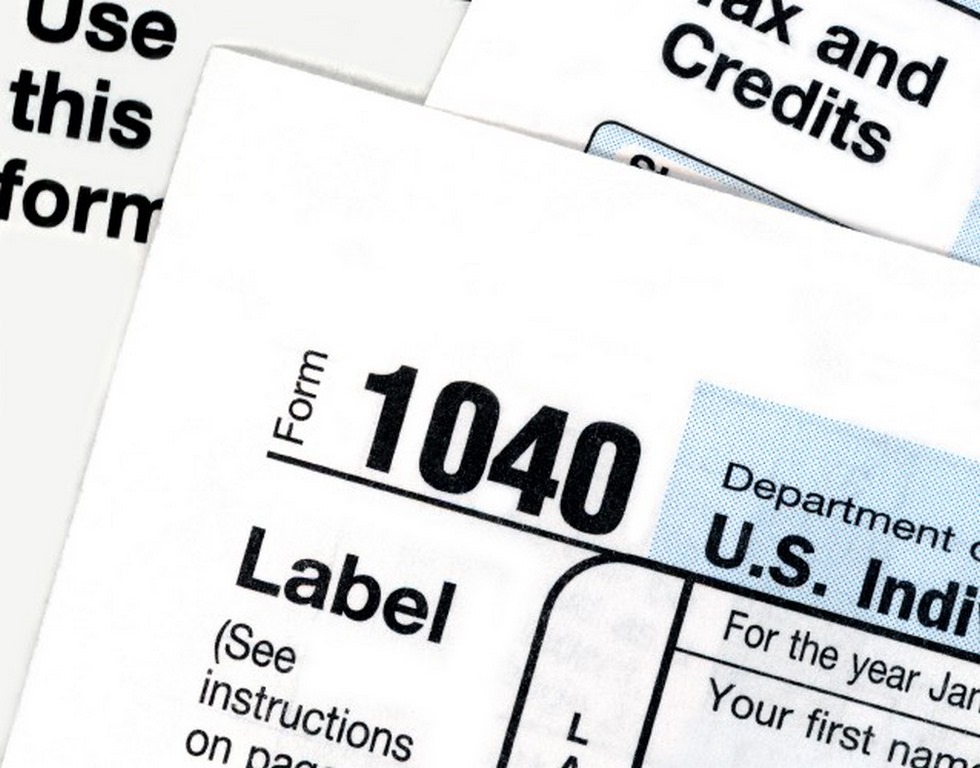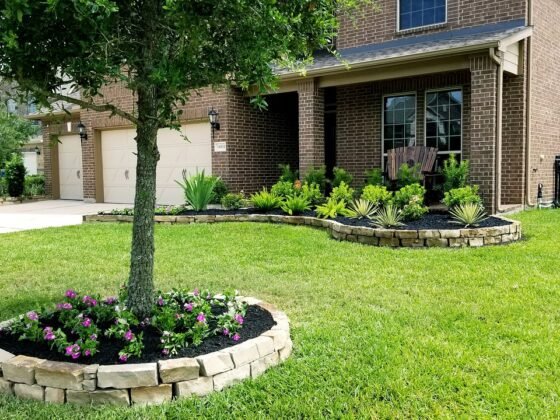Table of Contents Show
If you’re interested in saving money and saving the environment, then you should consider energy-efficient windows.
You may be able to claim a federal tax credit if you make certain improvements to your house.

Fuel cell, the geothermal, wind, and solar technology are all eligible for the Residential Renewable Energy Tax Credit.
Are you trying to figure out if you can get a tax credit for energy-efficient windows? If so, then keep on reading and we’ll help you figure out if you qualify for a tax credit and how to choose the right energy-efficient windows for your home.
Tax Credits
There are three different applicable percentages that you can claim for the Residential Renewable Energy Tax Credit.
First, you can get thirty percent for property placed in service after 2016 but before 2020. You can get 26 percent for property placed in service after 2019 but before 2021.
And you can get 22 percent for property placed in service after 2020 but before 2022.
The tax credit that someone is eligible for is the percentage of the cost of energy-efficient equipment that’s installed in or on a house. This includes the cost of actually installing the equipment.
Homeowners can also take advantage of the Non-Business Energy Property Credit.
The main part of this credit is worth ten percent of the cost of qualified energy-efficient equipment. Energy-efficient windows, insulation, roofs, doors, and HVAC all qualify. This blog from SuperTech HVAC shows how to claim the federal tax credit on your tax returns.
However, the cost of installation isn’t included in the tax credit.
Your windows must be Energy Star certified in order to receive credit.
Click here for private contractor tax.
How Energy Efficient Windows Work
Many energy-efficient windows use low-emissivity glass. This glass is known as Low-E glass. It’s used to help reflect the sun’s rays.
The low-E glass keeps the heat outside when it’s hot and inside when it’s cold. There are also a lot of glazing options that you can get. This includes reflective coatings, gas fills, and tints.
In order to keep the windows free of condensation and thermally efficient, 100 percent polymer structural foam is used instead of metal for the window insulation.
This insulation lowers the rate of heat loss which boosts the window’s efficiency.
Many windows also utilize several panes of glass and they even use gas. Double- and triple-paned glass helps the windows block more UV rays.
When you have a triple-paned window, you can block nearly all of the sun’s rays. This is going to stop your furniture and fabrics from fading and will keep you comfortable throughout the year.
Many energy-efficient windows also fill the space between the panes with special gases in order to further prevent any heat transfer.
Read Also:
How to Choose Energy Efficient Windows
Many people know that a wood frame is less prone to cold and heat transfer than one made of aluminum. This is because metals conduct temperature a lot more easily than wood.
But that doesn’t mean that wood is always the best option for an energy-efficient window.
There are all kinds of materials that can be used for energy-efficient windows. And each of these materials comes with its own set of pros and cons.
Vinyl
Just because vinyl is an affordable material doesn’t mean that it’s poorly made. A well-built vinyl window can be a reasonable choice that provides plenty of efficiencies when you get it with insulated glass and tight construction to prevent air leaks.
Wood
If you’re looking for great insulation, then you should consider wood windows. You should be aware that wood windows require more maintenance than aluminum and vinyl frames.
Because they can rot, they’re not the best option for people who live in rainy or humid areas. A wood window that is built well will last you a lifetime, saving you from having to buy a replacement.
Aluminum
Aluminum windows might not be the best at reducing heat loss and transfer. However, they’re extremely practical in humid and rainy locations.
They also meet the many coastal building codes in areas that experience hurricanes.
Energy Efficient Window Types
There are many different types of windows out there. However, some types are more energy-efficient than others. Let’s look at some of the best ones in terms of energy efficiency below.
Double-Hung Windows
These are standard units in many homes throughout the country. They’re especially common in pre-war houses.
With a double-hung window, the bottom slides up to open. These can very efficient, but aren’t the best option in very extreme climates. That’s because air can get in through the sliders.
Casement Windows
If you’re concerned about wind, then you may want to install casement windows. These windows have a crank that pushes the window outward to open. You can also seal them tight so the wind won’t blow into your house.
Companies like Renewal by Andersen Windows offer fantastic casement windows that are also energy efficient.
Picture Windows
Many picture windows don’t open. This can make them very energy efficient, especially if you choose strong glass and gas-filled options.
The Importance of Knowing About Tax Credit for Energy Efficient Windows
Hopefully, after reading the above article, you now understand how you can get a tax credit for energy-efficient windows.
As we can see, there are all kinds of energy-efficient windows out there. And you should now be armed with the knowledge to make more confident and educated purchasing decisions when it comes to your home.
Are you looking for other helpful articles like this one? If you are, then make sure to check out the rest of our site today for more!









